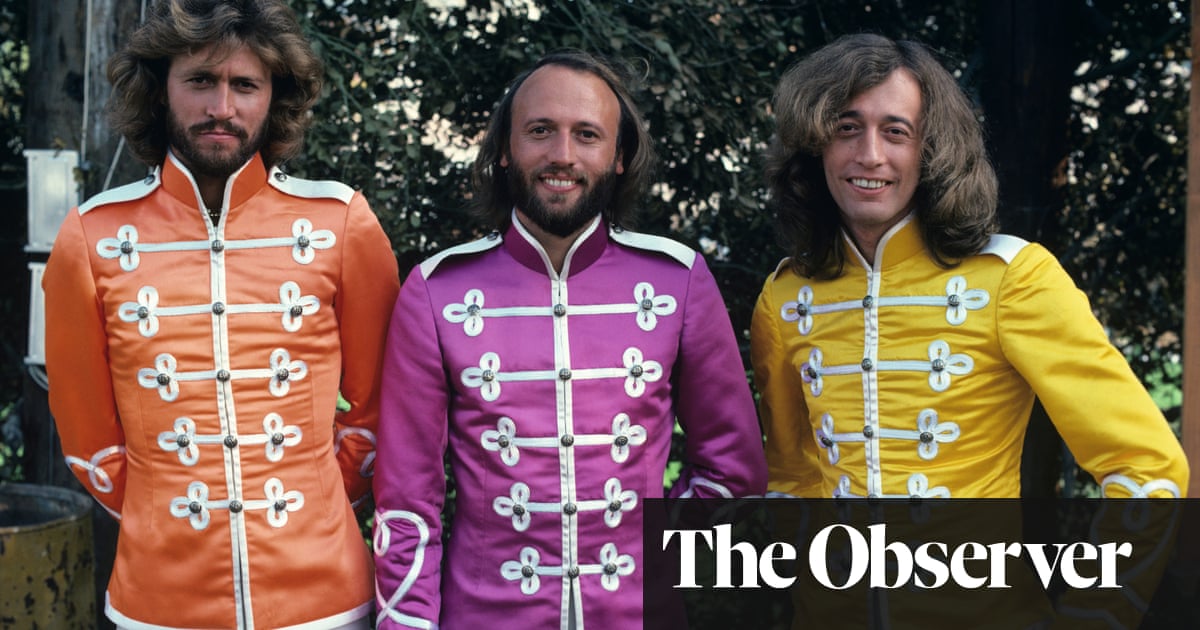
Bob Woodward is probably the best-known journalist in the world. He built his reputation on Watergate, of course, and just about everything he and Carl Bernstein wrote about it turned out to be entirely accurate: including the existence of Deep Throat, who was sometimes thought to be a “Woodstein” invention, but was much later revealed to be a top FBI official. If you talk to Woodward on deep background, he won’t break trust with you and leak your name; so hundreds of senior officials and politicians over the years have had the confidence to speak to him on condition of anonymity. In War, as in every other one of Woodward’s 22 books (this one billed as a “behind-the-scenes story of three wars – Ukraine, the Middle East and the struggle for the American Presidency”), you can have total faith in the accuracy of every quotation he provides.
But there’s a problem. Although the confidences which Woodward passes on to us are no doubt exactly as his interviewees gave them to him, how do we know these were the words originally spoken in the moment being recalled? Reading War, like so many of the other monosyllabically titled books Woodward has given us, you find yourself wondering if some of the key stuff isn’t l’esprit de l’escalier – the things people wish they’d said; or maybe wish they’d said more clearly and toughly and quotably, instead of mumbling or trailing away into aposiopesis. Personally, I prefer the rigorous methodology of Norma Percy’s brilliant television documentaries (The Death of Yugoslavia, Putin vs the West, Inside Europe: Ten Years of Turmoil, etc). She interviews everyone again and again, on the record, then plays each interviewee’s words back to the other participants. They can then answer, “Well, he/she may say that now, but that wasn’t what they said at the time.”
I read this book without coming across a single thing that was a genuine surprise
Still, we can have little doubt that Joe Biden genuinely said things like, “That fucking Putin … We are dealing with the epitome of evil,” or “That son of a bitch Bibi Netanyahu. He’s a bad fucking guy.” It’s entirely credible, as Woodward’s sources say, that Donald Trump had up to seven phone conversations with Vladimir Putin after leaving office, that he sent him boxes of Covid-19 tests, and that Biden thought there was a 50% chance that Putin would use nuclear weapons in Ukraine. Yet these things don’t exactly come as a huge shock.
And that’s my main beef with War: it simply reinforces everything we already know about Ukraine, Gaza, and the presidential campaign. I read this book, which like all Woodward’s work is well-written, even a page-turner, without coming across a single thing that was a genuine surprise. We don’t need Woodward to tell us that the CIA and MI6 had complete knowledge of Putin’s plans for the invasion of Ukraine, because the two intelligence agencies made it absolutely plain at the time. They told us the day and even the hour when the invasion would start.
Pungent quotes do a lot of heavy lifting (“Barack never took Putin seriously,” Biden says about Russia’s theft of Crimea in 2014. “We gave Putin a licence to continue. Well, I’m revoking his fucking licence!”), yet the language distracts our attention from the issues that provoke it. We may still get the occasional flash of juvenile pleasure at hearing the great ones of the world calling one another “pricks” and “morons”, but it really doesn’t mean much. The Watergate days, when we were genuinely shocked to learn that Nixon F-bombed his way round the White House, are long gone.
Still, the fundamental verdict of War is a powerful one. Trump is “the wrong man for the country” and is unfit to lead it, Woodward says, magisterially. (In return, Trump calls Woodward a liar, and his spokesman has implausibly denied that most of the quotes in the book were genuine.) Yet here again there’s a problem. Woodward is no longer the impartial recipient of the confidences of hundreds of well-placed people across the spectrum; he has got his own strong views, and he wants to convince us they’re correct. The fly on the Oval Office wall has fluttered down and joined in the argument. Where does Woodward’s long, masterful, often mesmerising series of Washington insider books go after this?
John Simpson is the BBC’s world affairs editor. His programme Unspun World is broadcast at 11.05pm on Wednesdays on BBC Two. To support the Guardian and the Observer buy War at guardianbookshop.com. Delivery charges may apply.












